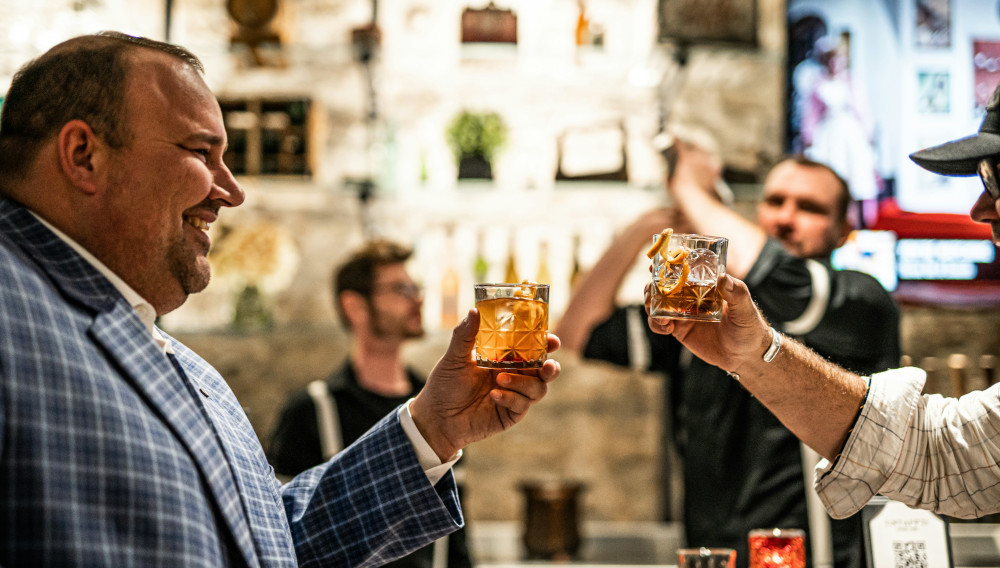Irish drinks industry: whiskey in trouble
Ireland | Only in 2022 had the Killarney Brewing & Distilling Co. expanded to become Ireland’s largest independently owned beer and whiskey producer. In July, it closed down, the latest casualty of a short-lived whisky boom.
According to the Robb Report (11 August), it was already grappling with rising costs and supply chain disruptions. But President Trump’s global trade war hastened its demise. “Tariffs on Irish whiskey exports to the US and wider economic uncertainty have further impacted the business,” the company said as it shuttered with the loss of about 50 jobs.
Pauses and closures
Several distilleries have closed or cut production in recent months. In April, Pernod Ricard’s Irish Distillers halted production in Midleton, Cork, though it has since resumed. The maker of Jameson whiskey pushed back the opening of its new distillery to 2027 from 2025. At the end of June, Diageo said it would place an “extended pause” at its Roe & Co. distillery, after launching the brand in Dublin’s Liberties district eight years ago.
Independent distillers have been particularly impacted by the downturn. The Dublin Liberties Distillery has been closed since May, a temporary measure only, the owners said. In Waterford, southern Ireland, the Waterford Whisky distillery, famous for its terroir-inspired whiskeys, went into receivership late last year.
Dependent on the US market
The pauses and closures are a far cry from the recent boom experienced by the industry. Between 2010 and 2024, the number of distilleries in Ireland rose to over 50, from just four in 2010. Demand surged, sparked by the renewed interest in whiskey. By 2022, exports of Irish whiskey to the US had risen to 5.8 million cases (9 litres each), more than double the levels a decade earlier.
By the end of 2023, there were warning signs that demand in the US, its major market, was starting to ebb. In 2024, exports to the US by volume were down by a third from 2022 levels when the covid pandemic’s “revenge buying” had peaked. Still, the US continued to attract 40 percent of Ireland’s whiskey exports.
Exports in peril
Now Ireland is facing another blow from US tariffs. Under the deal reached with Mr Trump last month, the European Union - of which Ireland is a member - faces a 15 percent tariff on most of its exports to the US, including alcohol. Rival whisky distillers in Scotland, however, only face a 10 percent tariff in America, thanks to being part of the United Kingdom.
Observers estimate that the Trump tariffs mean whiskey prices may have to rise by as much as 6 percent, though firms may well try to offset tariffs by cutting costs to avoid further damaging demand in the US.
Keywords
Ireland company closures company news distillers tariffs
Authors
Ina Verstl
Source
BRAUWELT International 2025

